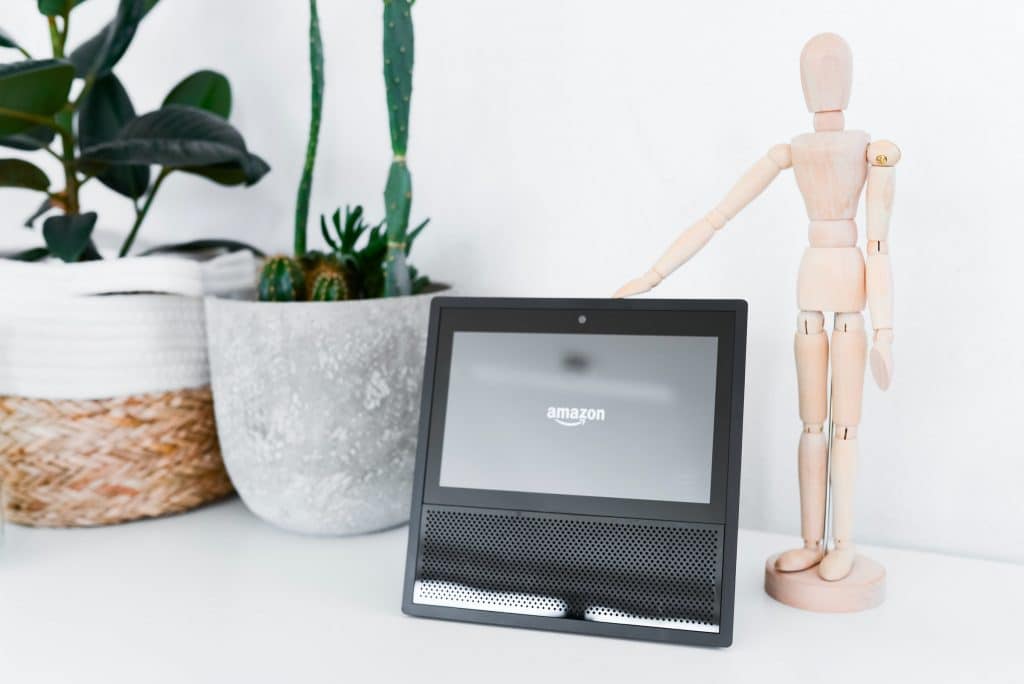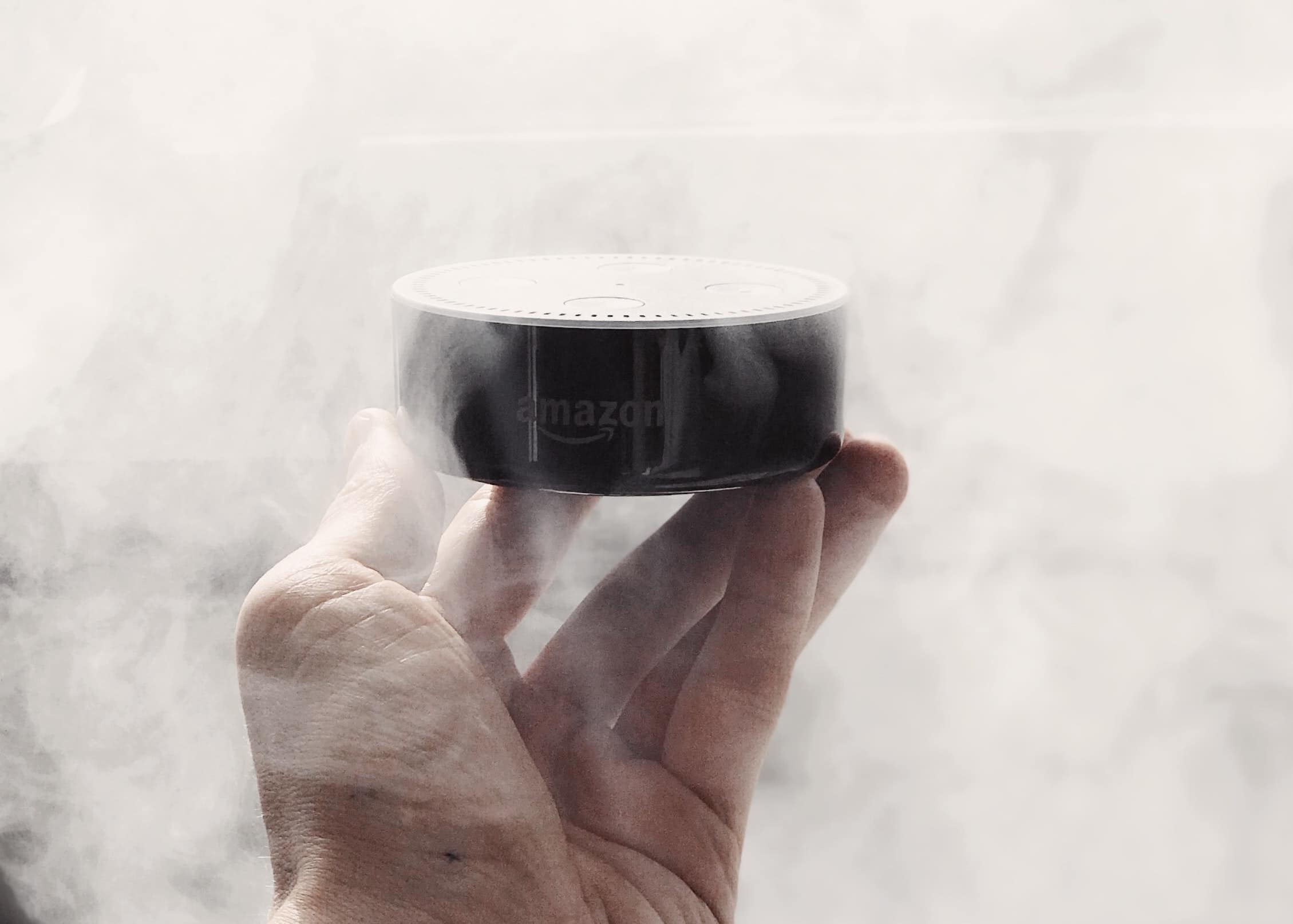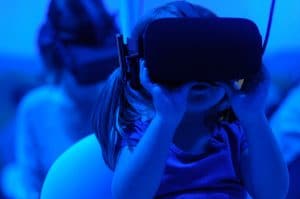As smart home devices become more and more prominent throughout the world, humans are increasingly automating menial tasks that used to occupy much of our daily living. We are regularly aided by cloud-based virtual personal assistants (VPAs) that help us to manage everything from our lights and locks to our thermostats and lists. But as we continually free ourselves from such mundane work by utilizing smart devices, we must also be careful not to forfeit our humanity in the process.
In many instances, automated tasks can be accomplished by machines that do not require personable interaction. An obvious example of this is an automated vacuum system, like Roomba, that can be scheduled to accomplish regular daily cleanings which, for the most part, operate independently of the people who schedule them. In other circumstances, artificial intelligence can detect the preferences of the user, or the user can simply input presets of their preferences.

While these functions prove extremely useful in day-to-day life, many other daily tasks require more flexible interactions. In these situations, additional participatory interaction may be needed between the user and a VPA. With the advent of Apple’s HomePod and Alexa Echo Smart Home Systems it is often the case that persons may even need or want to have frequent interactions with their devices.
What has become interesting about this type of technology is that in the creation of VPAs like Siri, Alexa, and Cortana, developers have intentionally chosen to humanize their creations. Because the devices are meant to socially interact with us, we can develop very real relationships with these machines. Such development thereby also creates the opportunity for both healthy and unhealthy patterns of human behavior.
One potential bad behavior pattern that can develop is that, because we know that our devices aren’t sentient, we begin to become rudely demanding of them. In so doing, we may forget to be polite in our speech.
While that may not seem like a major problem on the face of things, we should remember that because these devices often oversee routine tasks in our daily life, we use them a lot. That means that if we are rude to them, it is likely that we are being rude multiple times a day. And the best way to form a habit is to do something repetitively.
Simply by being intentional in saying Please and Thank You to your VPA, you can positively reinforce your ability to be a polite person.
While it might be easy to disregard our VPAs as simply machines, it is important for us to recognize that how we choose to engage them may determine the type of people we become, because they amplify the type of people that we already are. So, while Alexa and Siri won’t make you a jerk, they may help you to become a bigger one if that is already a tendency of your character. Why is this important to identify, besides for the fact that you don’t want to turn into a big jerk? Because once we recognize this amplification factor, it conversely provides an opportunity for us to practice being better versions of ourselves as well.
For instance, simply by being intentional in saying Please and Thank You to your VPA, you can positively reinforce your ability to be a polite person. Instead of getting frustrated when your VPA fails to hear you correctly, you can patiently take the time to repeat yourself and enunciate more clearly. Because, in that moment, the issue at hand isn’t that your VPA isn’t listening; it is that you are making a choice as to how you will be formed as a person.
Reality Changing Observations:
1. How do you think that VPA technologies are changing the way that we think about our relationship with technology?
2. In what ways do you think that VPAs are changing people’s behavior for the better or worse?
3. What are some other ways that you might interact with your VPA to help you become a better version of yourself?





